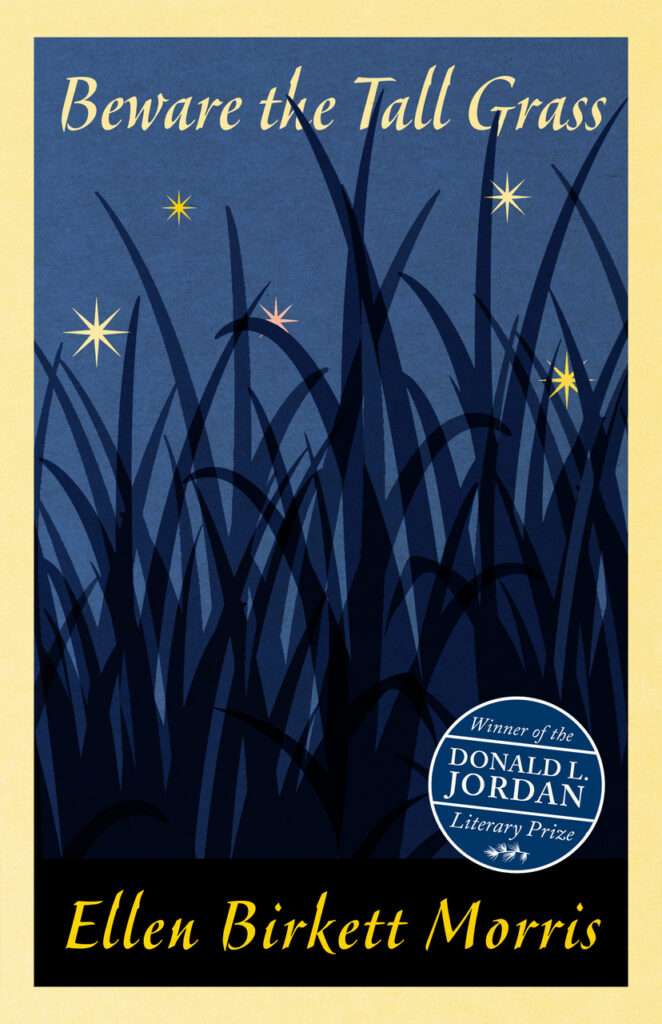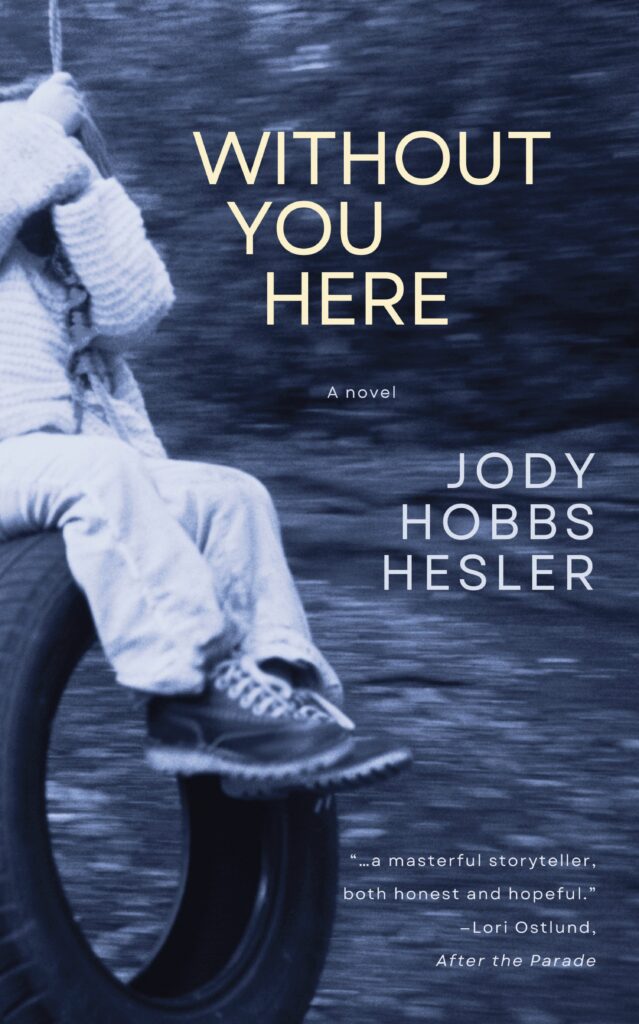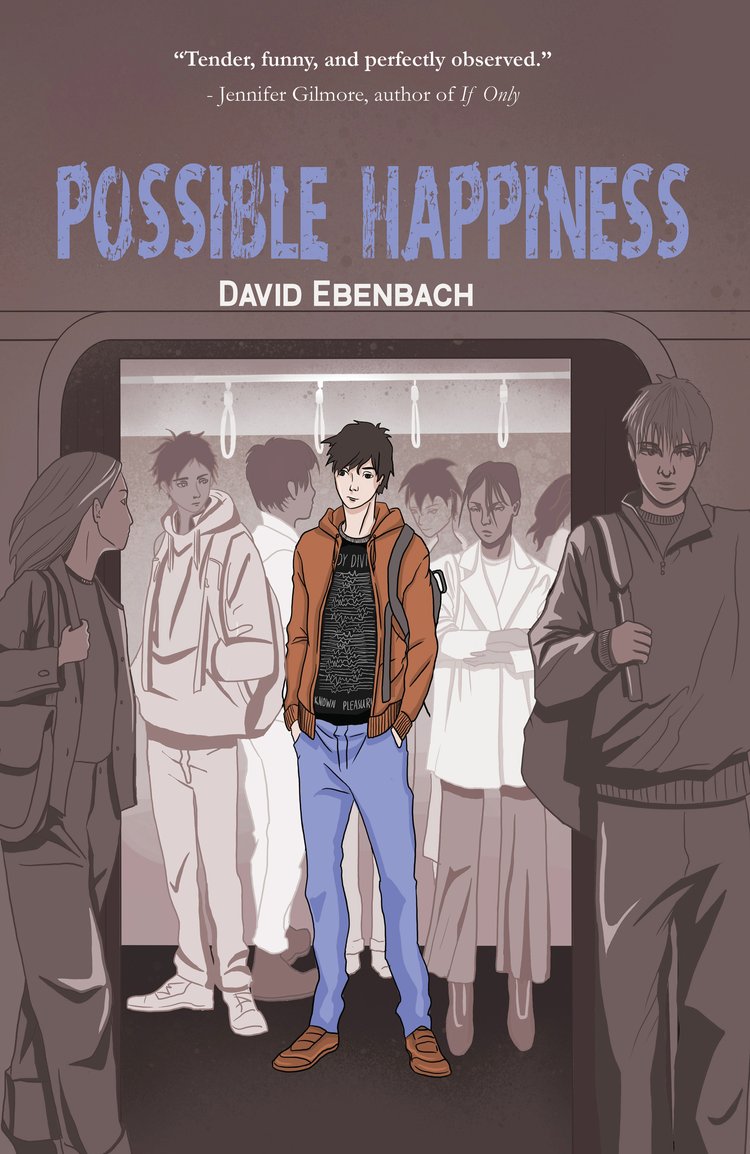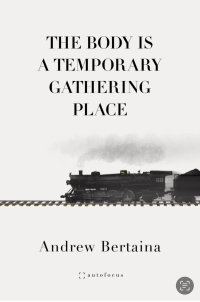
by Bradley Sides
Memorable characters guide much of the work of Ellen Birkett Morris. Her story collection, Lost Girls, gave us a splendid cast of female protagonists dealing with loss, grief, and acceptance in and around Kentucky. Her new novel, Beware the Tall Grass, goes even further in developing strong characters. It tells the story of the inexplicable connection between Eve Sloan, a modern mother whose young son has past life memories of war, and Thomas Boone, a young soldier in Vietnam. This is a book ripe with the truth of its characters; this is a book that successfully explores the big themes of life such as loss and love and family. As we read page after page, we want to know–have to know–how the stories of Thomas and Eve will end.
It was a pleasure to be able to talk to Morris about her writing.
Bradley Sides: Ellen, you are so good at creating and building characters. I want to start by asking you about them. As you begin a project, whether it’s a story or a longer project like Beware the Tall Grass, how do you find your characters? Do you feel like you know them well as you get started? Or do they develop as the project grows?
Ellen Birkett Morris: Thank you. I built the character Eve with the idea that I needed a character who would have the hardest time with the uncertainty and pain of her young son being traumatized by memories of war. Eve had a rough childhood and dreams of giving her son the perfect childhood, so Charlie’s challenges were a nightmare for her. I have come to believe that my job is to develop a character with specific traits and then put them in situations that test their nature in every way, forcing them to find a new way to look at the world.
One way I get to know them as I start is to give them passions (sculpture for Eve, horse for Thomas), past memories, friendships, family relations. These choices begin to come together to form the characters. The more I populate their world with specific detail the more real they become to me and readers.
Eve developed as I wrote, her emotions got deeper, and her understanding of relationships got more nuanced. It was fun to see her develop on the page. I had to take my time to let that happen. The same was true of Thomas, who went to war as a naive boy and had his values tested at every turn.
BS: With the kind of depth they have, do you ever have trouble letting them go once the story is over?
EBM: The women and girls from Lost Girls have stayed with me. I wouldn’t be surprised to see them come up again in short stories. I think I have told the stories of Eve and Thomas to completion. That said, I think of Thomas a lot. I love his character and commitment to doing the right thing.
BS: Expanding just a bit, but how did your writing process differ from creating stories for Lost Girls to creating a longer narrative with Beware the Tall Grass?
EBM: I really considered myself a short story writer when I started writing the novel. I was so used to drawing characters sharply in a small space and dropping in on their peak moments. So, I wrote Eve’s story as a short story first. I was published in Upstreet under the title “Landing Zone Albany.” I was at the Antioch Writers Workshop in Yellow Springs when my instructor Erin Flanagan suggested the story would make a good novel. I knew I needed a way to make myself comfortable with the process, which for me meant pretending I was writing something much shorter and tackling it short chapter by short chapter. I also knew I needed another POV character, so I came up with the idea of a soldier fighting in the same war that Eve’s son Charlie has disturbing memories of. Adding Thomas’s story allowed me to create a braided narrative that had echoes between each section and held more meaning and significance. I also made sure I had a narrative roadmap for each character, a step-by-step sense of places they would go either in the quest to help Charlie with his disturbing memories in Eve’s case or areas/battles in Vietnam in Thomas’s case. I won’t lie, the writing was hard work. I jokingly compare the creation of this novel to chipping away at a mountain with nail scissors.
BS: To play off construction, I’m always so impressed when I read novels that balance multiple perspectives and timelines as well as yours does. Did you write the book going back and forth with Thomas and Eve? Or did you write the stories separately and later combine them to form a cohesive narrative?
EBM: I wrote the novel alternating between the Thomas and Eve sections. I like an intuitive approach and knew that I could clean things up later if needed. The best thing this did for me was to allow for unconscious (and later, in revision, conscious) echoes in the text, repeated images, tone or mood that helped heighten the bond between the different sections for the reader. One example is a section midway through the book where Eve revels in a peaceful evening at home, while Thomas goes walking in the night and encounters deer. Both characters got a moment of grace before the drama ratcheted back up.
BS: Beware the Tall Grass explores the idea of past lives, which I find to be absolutely fascinating. When did the inspiration come?
EBM:In 2014, I was on a road trip with my husband and heard an NPR story on the University of Virginia Medical Center program that attempted to corroborate the past life stories of young children with the experiences they describe. These children talk about being in war, the Holocaust and being present during terrorism. The researchers would hear the stories and look at news accounts and records to see if they matched the details of the story the children told. A surprising number of times they did match. The idea was so big, so fascinating. The only way I had the courage to try to tell a story based on this phenomenon was to let myself off the hook when it came to explaining the unexplainable. I wrote the story in as straightforward a fashion as I could, deeply exploring each character’s experience of it and letting them draw any eventual conclusions as to what was going on. I was anchored in the telling by my desire to explore a truth we all know: the life we get often isn’t the one we expected to get. We are all tested. What matters is how we rise to the test.
BS: In what ways, if at all, do you see your books as being in conversation with one another?
EBM: I think they are both books about courage in the face of adversity and what we will do for love.
BS: Since we both graduated from the Queens MFA program, I think it’s only fitting that I ask you this question to end our time together: How did earning an MFA impact your writing career?
EBM: It reinforced lessons I had already learned about craft and provided me with a wonderful community. The most important thing it did was help me grow in confidence as a writer. One of my mentors, Steven Rinehart, called me a “prose stylist.” Susan Perabo said she believed the truth of what was happening in a short story I shared with class. David Payne has been a great supporter of my work post-MFA. That has been an enormous gift as I have found my way as a writer.
***
Bradley Sides is the author of two short story collections, Those Fantastic Lives and Crocodile Tears Didn’t Cause the Flood, and the upcoming novella, The Volcano Keeper, which will be out from Regal House in the fall of 2026. His fiction has been featured on LeVar Burton Reads. He lives in Madison, Alabama, with his wife. On most days, he can be found teaching writing and literature at Calhoun Community College. For more, visit www.bradley-sides.com.
Read more about Ellen Birkett Morris: https://www.ellenbirkettmorris.com/






